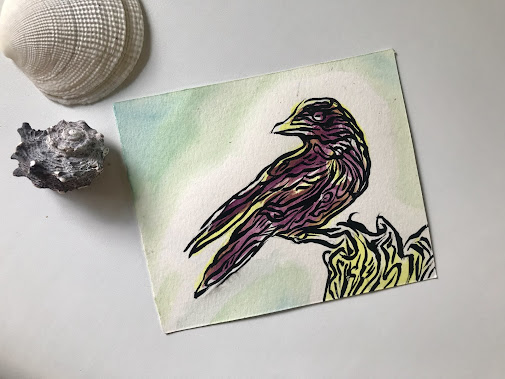Angel Strehlen
I'm alive, I'm alive, I'm alive... not dead, not dead, not dead
Monday, February 9, 2026
Thursday, August 14, 2025
Adam Sun Hope Sanctuary
Since the death of my precious son, Adam, my priorities have changed. I realize that I have been selfish, foolish, and delusional.
I am obviously not cut out to be an artist, and instead, I should have just focused on my children. They are the most precious creations of mine.
Had I done so, my beautiful son would be alive today, my beautiful daughter would not have gone astray.
I want to do better, and although it's too late for sweet Chandis Adam on this earth, I hope to pay more attention to others.
So, I've started a charity, Adam Sun Hope Sanctuary
Adam taught me that men and boys are under appreciated. We all took him for granted, and assumed he was okay, simply because he never complained.
Adam needed his father, every boy needs a dad.
Saturday, July 19, 2025
Communism & artists
An artist who sells in the commercial art market is a capitalist.
Only artists who do not sell their work are true socialists, otherwise it's
a cult of personality
love & hate
from a young age, I am rejected. I don't remember ever attending a birthday party, even my own.
My mother was fond of me when I could babysit my sister Jamie, cook dinner, do laundry and rescue my mother from her own bad behavior. Except for the stray animals I adopted, I was on my own. My first doctor's appointment was age 7 for a gall bladder infection. My first dentist appointment was when I was 14, with a mouthful of cavities. My dear mother disowned me after I left home at 15. She hated to lose her free babysitter and housekeeper, guess I can't blame her.
My father was completely absent. I did find him when I was 21, but that's another story.
Fast forward to present day........my sister, Jamie, cut me off years ago for something I said. My late sister Janine cut me off in 2008, the day after we laughed and chatted on the phone.
my sweet daughter has cut me off from my two grandchildren for a few years. Fortunately, she is tolerating me now.
In my old age, I am avoided by everyone but the most tolerant.
... the question is, who's fault?
There is no one to blame but myself.
Luckily, My son Adam always loved me unconditionally. He really was a saint.
Thursday, July 17, 2025
Love is all you need
If you are loved, people will care about you, because they are envious of you.
If you love others, people will not care about you, because they will pity you.
so, how do you get love without giving it ❔
The most selfish people are the most loved. Focus on your own success, comforts and desires, and other people will love you, because you might give them something. Or you will also be special by association. Or maybe they'll die and leave you in their will.
If you love unconditionally, you will be punished.
You're welcome
Monday, July 7, 2025
when one door closes
another door opens.
I've decided that I will no longer offer my work for sale. Canada is a communist country now, and it's almost impossible to start a business, or make any profit. Our government watches our every move, and every extra dollar is taxed at least 40%
The world belongs to the oligarchs.
So I have decided to donate all my work to charity, Adam Sun Hope Sanctuary
stay tuned
Monday, June 30, 2025
Empty nest
The older I get, the more life resembles my childhood, and with all this free time, I am returning to familiar pastimes.
Painting, plants, animals, music, and solitude.
Life is very good.
A Warning to Women
https://sexgoddessproject.blogspot.com/2026/02/real-racism-soft-bigotry-and-fetish-of.html

-
I am an armchair traveler. My virtual journey to Africa resulted in a series of paintings.
-
Since the murder of my kitten, Lucky in 1966, I have been morbidly curious about death. In my dark bedroom I imagined laying in a coffin,...







